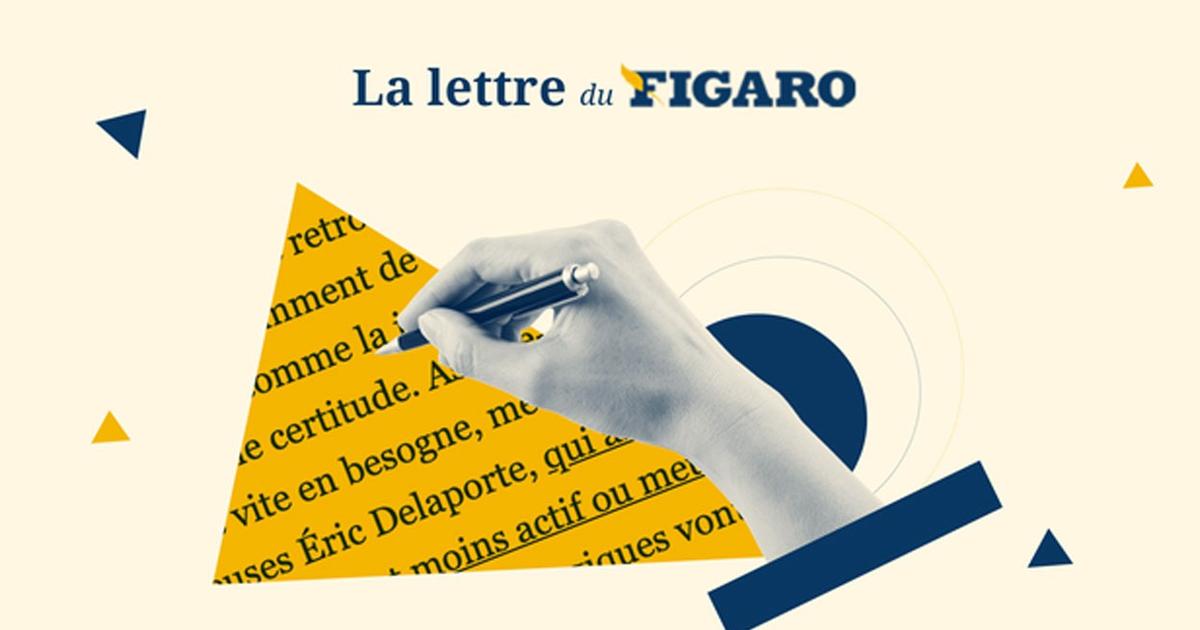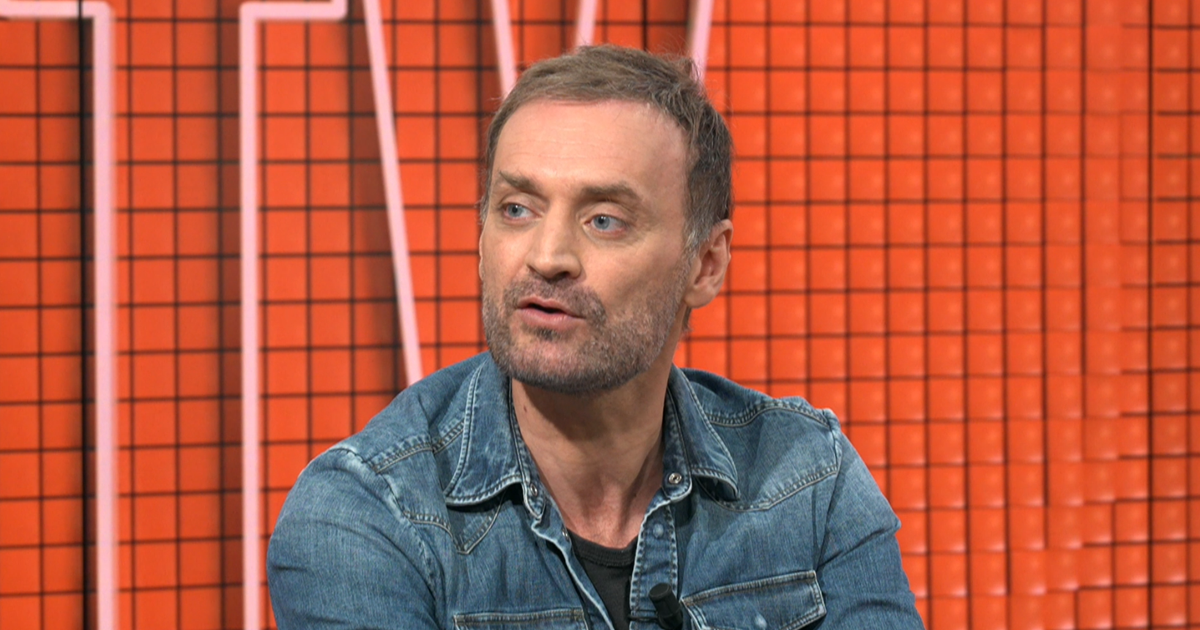One of the most exciting and beautiful books of the literary season is
The Snow Leopard
(Taurus, in Catalan in Angle Editorial), in which the French writer and traveler Sylvain Tesson (Paris, 49 years old) narrates his encounter in the confines of Tibet, in the Changtang, with the elusive creature.
With the same title as Peter Matthiessen's classic story from 1978, but with a different style, sensibility and experiences (not to mention that Matthiessen did not see the beast and he did, several times), Tesson offers an extraordinary adventure that it is a feast of words, images of wildlife, emotions and pure beauty, with lots of poetry and flashes of sly humor that conjure up the possible excess of transcendentalism (“like the Tyrolean monitors, the snow leopard makes love in white landscapes ”).
The return of the snow leopard, the cat with the eyes of frost
The writer made his journey in pursuit of the snowy panther (panther and leopard are synonymous) in February 2018 on an extreme expedition (5,000 meters high, 30 degrees below zero) of three seasoned naturalists.
The leader was the expert photographer in animal life Vincent Munier, of whom, due to one of those happy coincidences, his own book about his various encounters with the beast
(The Leopard,
Errata Naturae, with a foreword by Tesson himself)
has recently been published
.
Using one of the most fertile figures in the adventure story, that of the individual (himself) oblivious to the matter, apparently fragile and clumsy and without any particular virtue or ability to add to the group except his ability to play tricks (“it was my responsibility not to delay anyone and not sneeze if the panther appeared ”), Tesson takes us to the roof of the world on an amazing journey in which the leopard becomes the subject of glittering metaphors ― she is a beast of glass and ice, she is the deceased mother of the writer, his lost lover, is the spirit of the snow - and from which he returns with the discovery of the benefits of patience, slowness and silence and a praise of the art of stalking as a vital attitude.
"The snow leopard is a mystical animal, and it is a ghost," explains the French writer in a telephone interview with this newspaper.
“When it appears, after so many days of waiting, it provokes an overlap of memories;
It is a truly overwhelming experience, which for me had something sacred ”.
Tesson points out that the adventure of the white panther was very different from the other that he captures in his book
Berézina, in a sidecar with Napoleon
(Aguilar, 2017), in which he traveled on a motorcycle the route of the disastrous withdrawal of Russia from the Grand Armée of 1812. “That was the opposite, the movement;
in Tibet it was immobility.
Two experiences in the antipodes ”.
But in both there was cold and snow.
"Yes, the Russian cold is humid, terrible, the one in Tibet at least is a dry cold."
The search for the leopard, he continues, “was an experience of immensity, we Europeans live in a very small space and highly modified by man.
There in the north of the Tibetan plateau, the landscape is desert and grand.
In addition, you spend a lot of time at an unusual altitude and undergo a physiological transformation.
Then there is the pain of waiting, the immobility at minus 30 degrees and the introspection of so many hours in silence.
When the leopard appears, it is a glow and everything takes on a magical dimension ”.
Tesson (and the last name is worth it) stresses that it takes "a great sacrifice of time and energy" to see the panther.
“It's not the quick and easy show we're used to, the immediate gratification of our society.
In that sense it is the opposite of modernity: it is loneliness, slowness, silence.
The opposite of the immediacy, the bustle, the noise of our life ”.
Tesson, who meditated on the Tao shivering in his cave in Panther Gorge, comes to compare the experience of waiting for the leopard with that of Finnish snipers ambushed in the war against the Soviets or with that of the Swan from
In Search of Time. lost
waiting to see Odette de Crécy.
"The possibility of the leopard throbbed in the mountains", points out as a Proust of
Nature writing
.
The very scarce human presence in the Tibetan leopard area is that of groups of yak herders of Buddhist religion, still influenced by Bon and animism.
"In those Buddhist solitudes it is easy to experience the annulment of the self", reflects the writer.
“The leopard is in that context a blank screen, a nothing.
It is what you project onto it, your memories, your fantasy, your sadness.
It is the leopard and much more.
A kaleidoscope, a metaphor.
When I saw him for the first time, I was reminded of a lost love and my missing mother ”.
That love, explains in his book Tesson, was a woman who was enthusiastic about animals, and whom the writer associated with the inaccessible animal.
So at the back of his journey after the panther was a ravishing romantic impulse: "If I saw the animal, my love would reappear, incorporated into the leopard."
Tesson declares himself a fan of Matthiessen.
“I have great admiration for him and for his books, but I do not share his Zen claim of not having seen the leopard, I think a bit about the fox and the grapes, valuing disappointment does not suit me.
In any case, his book is not about the panther, the feline is a pretext to talk about his interest in Buddhism and to overcome the loss of his wife ”.
Tesson admits that he and Munier make up a couple similar to Matthiessen's with naturalist George Schaller, who also traveled together in pursuit of the leopard (and each wrote books as well).
“It can be said that we are similar couples, like Don Giovanni and Leporello, Don Quixote and Sancho, a very nice doublet, that of the teacher and the student.
With Munier we are very friends, he knew that I was a novice in the search for the panther and he was a patient teacher;
I admire him a lot ”.
Tesson recalls that he has traveled a lot throughout the territory of the snow leopard, Mongolia, Afghanistan ..., "and I never saw him until the expedition to Tibet."
The panther and tourism
On the thorny issue of whether travel books to see the leopard pose a risk to it, by awakening tourist interest, Sylvain Tesson points out: “I don't think my book takes too many people to Tibet, really;
the leopard is protected by the cold and the distance, it does not seem to me that literature is going to unleash a passion to see it.
It is true that perhaps there is a contradiction between explaining that the leopard is so threatened and recounting the wonderful adventure of looking for it and observing it.
But my profession is writing.
Anyway, I hope I am not responsible for anything bad.
It would be very sad to market the panther, a phenomenon characteristic of our time of global hypermarket in which the leopard can be sold like everything.
Helas!
”.
As for the pandemic and the way it has affected the trip, Tesson believes that even if there has been a slowdown, everything may start over again.
"Things have not changed because people have stopped wanting to travel, but because of the catastrophe."
Regarding the arrival of the new mission to Mars, he affirms that it is a proof of the "extraordinary appetite" of the human being to travel.
He reflects that, however, we should be able to conserve what we have around us in addition to being interested in other worlds.
"We happily destroy the Earth and there is not much hope that we will change our attitude on another planet"

/cloudfront-eu-central-1.images.arcpublishing.com/prisa/F2ZE3M6YYFG25KGNPP3QQ4OKIA.jpg)







